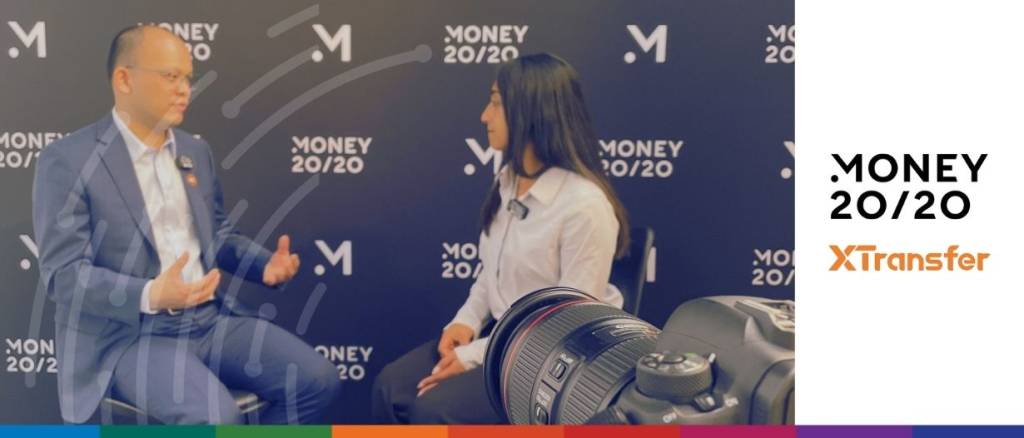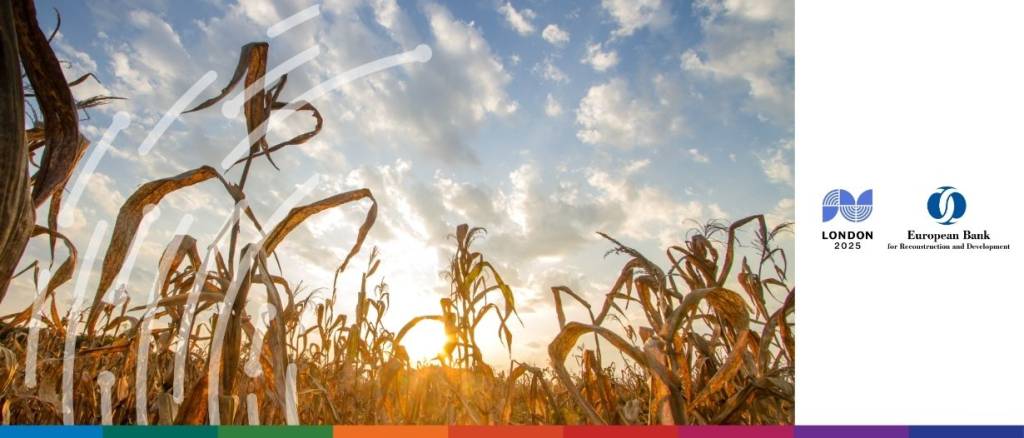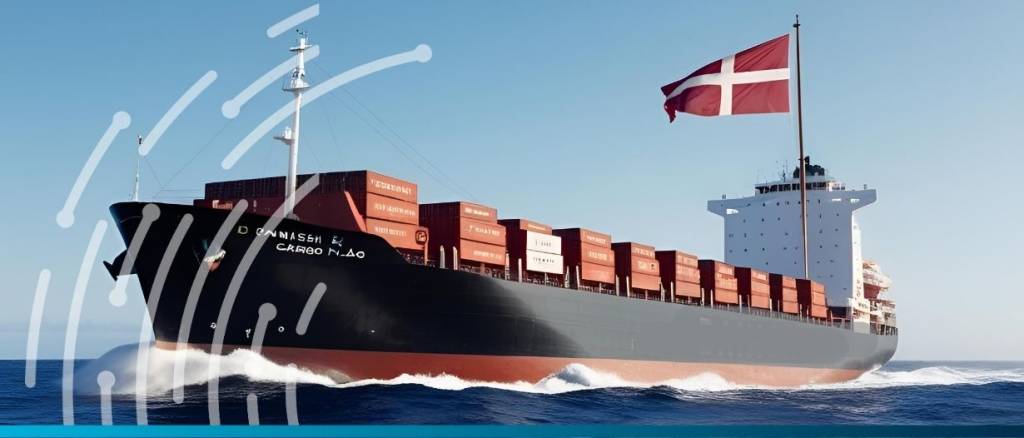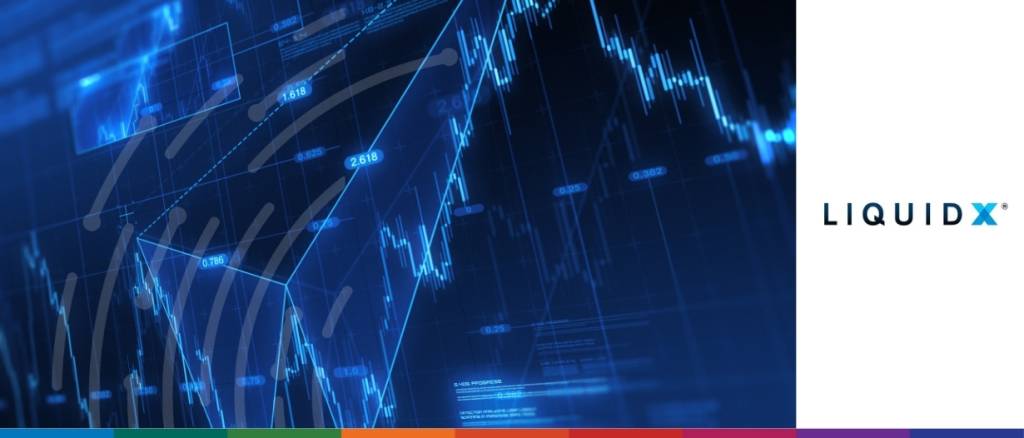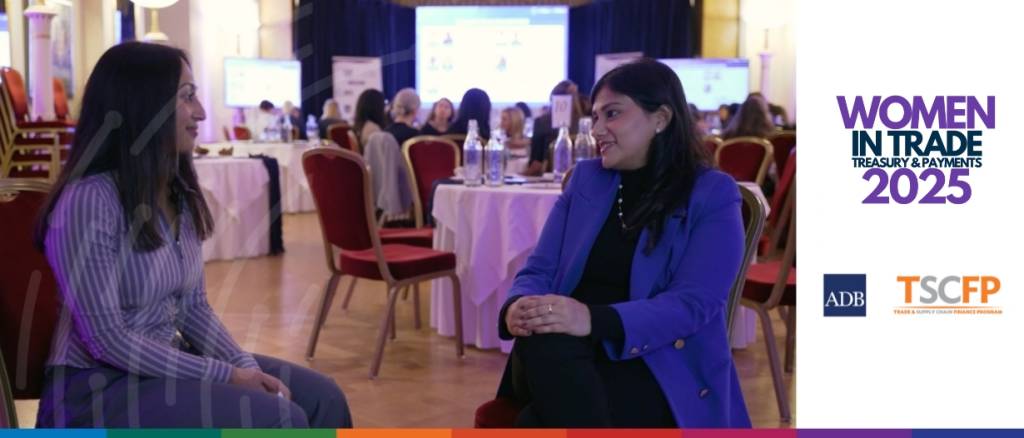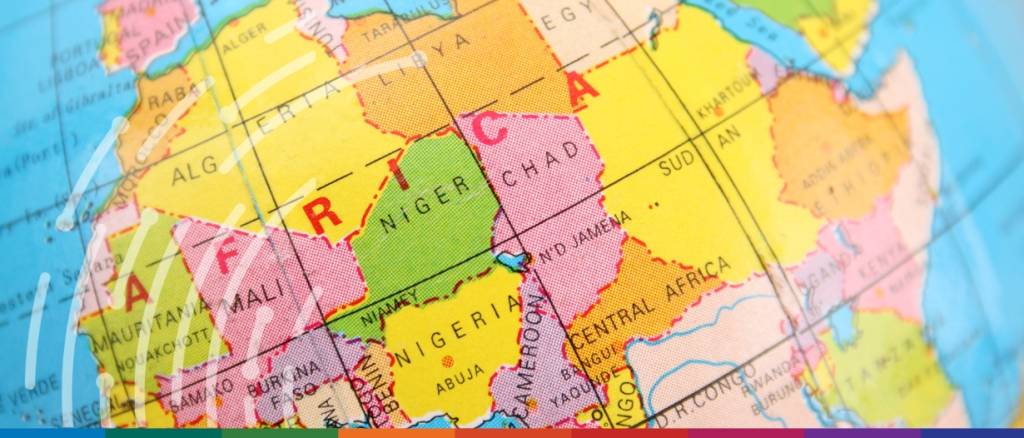The energy transition appears to have been a constant back and forth between opportunities and complex regulatory and ESG challenges, and nowhere is this more pertinent than in commodity finance.… read more →
Cross-border payments are stuck in the past: paradoxically, especially for the businesses shaping the future. As global trade grapples with geopolitical tensions, compliance pressures, and accelerating digital transformation, business-to-business (B2B)… read more →
If open defecation were eliminated, these losses were estimated to drop to ₹4.1 trillion ($64 billion), representing savings of ₹8.1 trillion ($126 billion). In response, the Swachh Bharat (Clean India)… read more →
As these nations grapple with mounting climate impacts, their banking sectors face a critical juncture. There are two options: drive the transition to a green economy or risk being overwhelmed… read more →
The Paris-based organisation warned that mounting protectionism could disrupt the pace of the global energy transition, as companies adopt a “wait and see” approach to significant new investments dependent on… read more →
Mikael Björknert, the Swedish banker who became chief executive of Privatbank in January, told Trade Finance Global (TFG) that Ukraine’s economy was performing better than many expected, with GDP growth… read more →
Norden will utilise waste-based biofuels across multiple voyages whilst transferring the associated emissions reductions to Microsoft through its book and claim solution, which allows companies to benefit from low-carbon fuel… read more →
In the trade finance sector, as in almost every industry, recent tariff announcements and the seemingly impending trade war have spread
Capital investment can be vital for driving economic development, but on its own, it is rarely enough. True development requires robust financial systems that serve all trade participants and minimise… read more →
Africa has been in increasing its foothold in the global economy for a number of years. With the Global South enjoying new influence and wealth, the world’s economic centre of… read more →
















